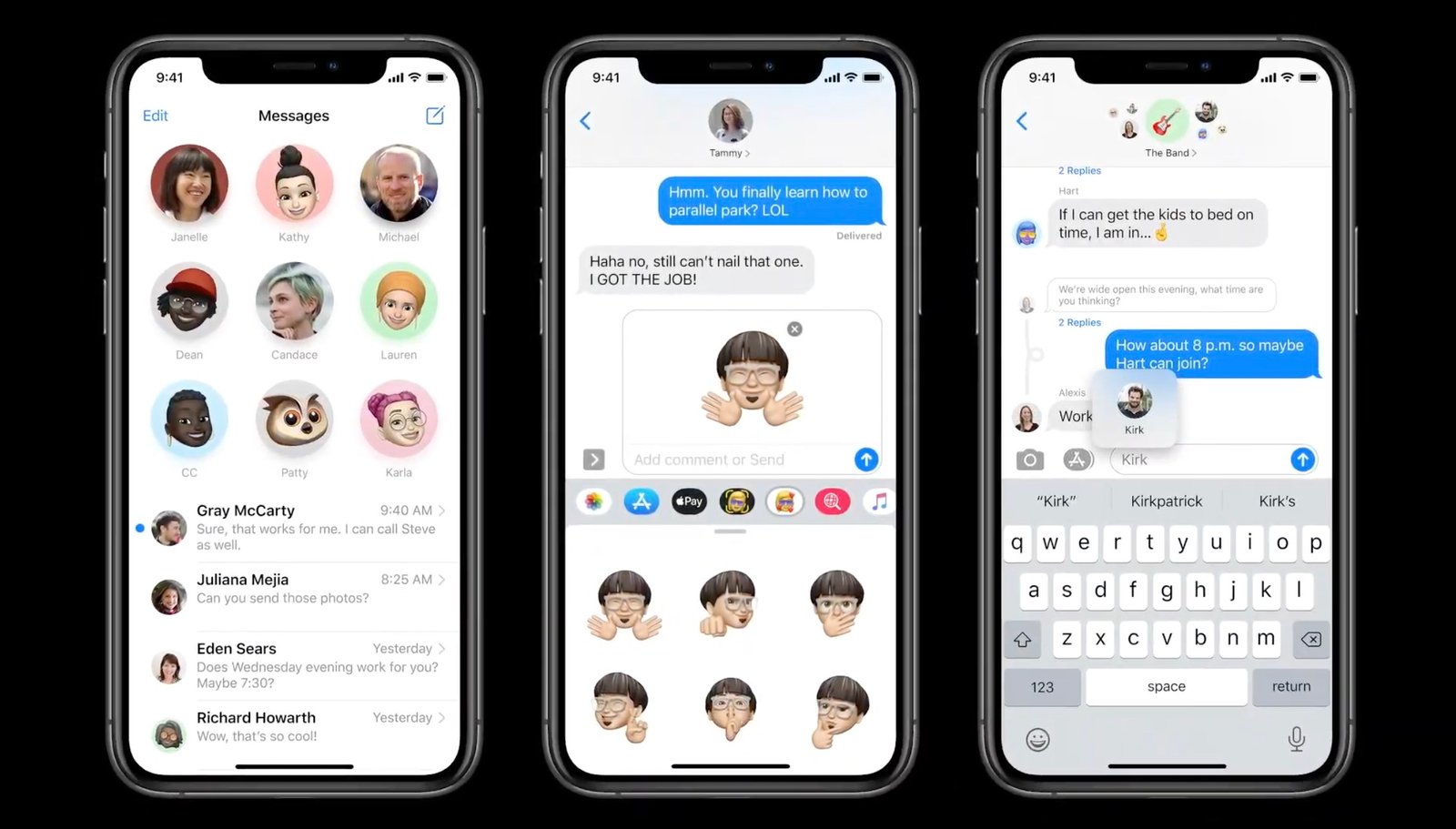Just days after its launch, the popular app Beeper Mini has been rendered unusable, effectively blocking Android users from accessing iMessage. The app, which relied on reverse-engineering Apple’s proprietary messaging protocol, experienced technical difficulties on Friday, December 8, 2023, culminating in the complete inability to send and receive blue bubble messages.
Key Highlights:
- Beeper Mini, an app that allowed Android users to access iMessage, is now blocked by Apple.
- The app relied on reverse-engineering Apple’s messaging protocol, which Apple has now patched.
- This leaves Android users without a native iMessage solution, despite calls for cross-platform messaging compatibility.
- Beeper’s CEO questions Apple’s commitment to user privacy and security in light of the block.

Beeper Mini quickly gained significant traction due to its potential to bridge the messaging gap between Apple and Android users. Developed by a 16-year-old high school student and acquired by Beeper, the app promised a seamless iMessage experience for Android users, even offering integration with RCS and SMS in the future.
However, Apple’s swift response to the app’s launch highlights the company’s continued commitment to controlling its messaging ecosystem. By patching the vulnerabilities exploited by Beeper Mini, Apple has effectively shut down the possibility of a native iMessage experience on Android. This decision has been met with disappointment and criticism from many users and industry experts who advocate for cross-platform messaging compatibility.
Beeper CEO Eric Migicovsky expressed frustration with Apple’s decision, questioning the company’s stance on privacy and security. He pointed out that Beeper Mini actually enhanced security by allowing users to send encrypted messages to Android users. “It’s a shame that Apple is taking steps to limit its users’ options and make it more difficult for them to communicate with their loved ones,” Migicovsky said.
While the future of Beeper Mini remains uncertain, the app’s short-lived success underscores the growing demand for cross-platform messaging solutions. Despite Apple’s efforts to maintain control over its messaging ecosystem, it is evident that users are increasingly seeking open and interoperable communication platforms.
The blocking of Beeper Mini by Apple demonstrates the complexities of cross-platform communication and the challenges associated with proprietary messaging protocols. While Apple’s decision may have short-term implications for Android users, it also highlights the growing demand for open and interoperable solutions that allow users to connect and communicate regardless of their device or platform. The future of messaging remains uncertain, but it is clear that users are demanding more flexibility and choice in how they connect with each other.


















